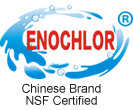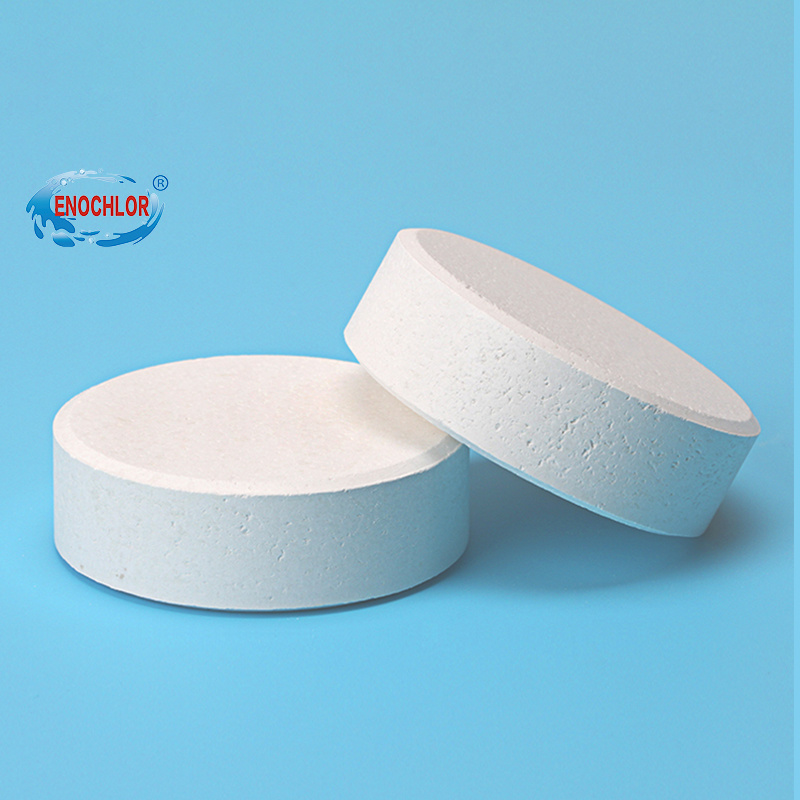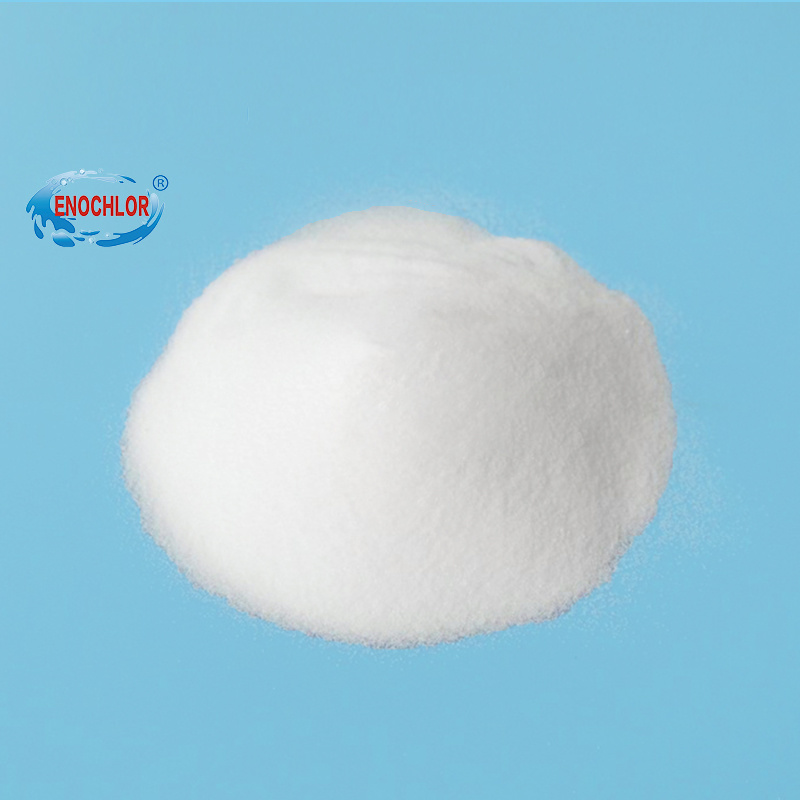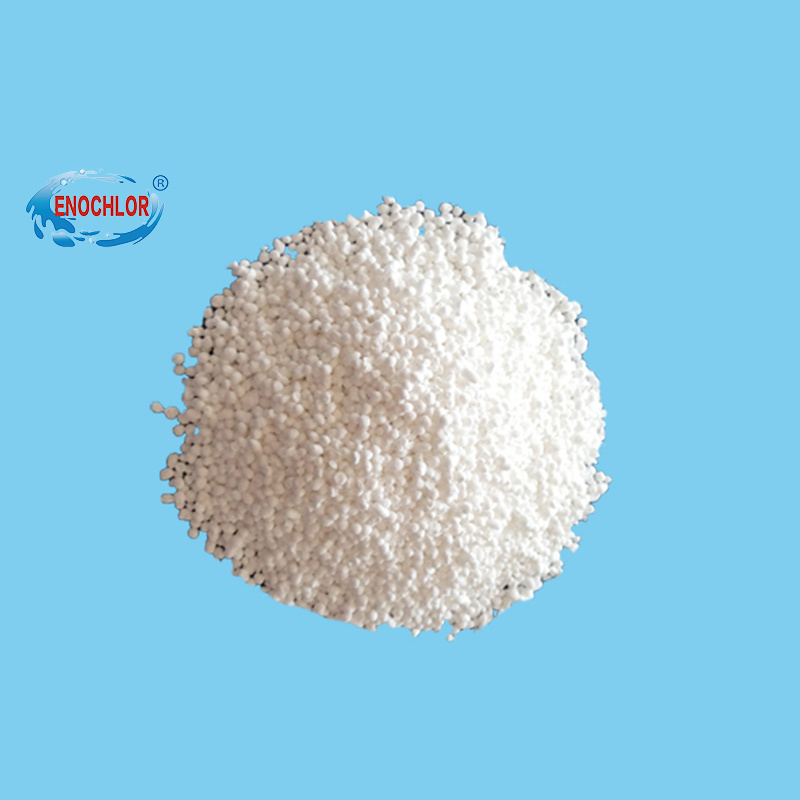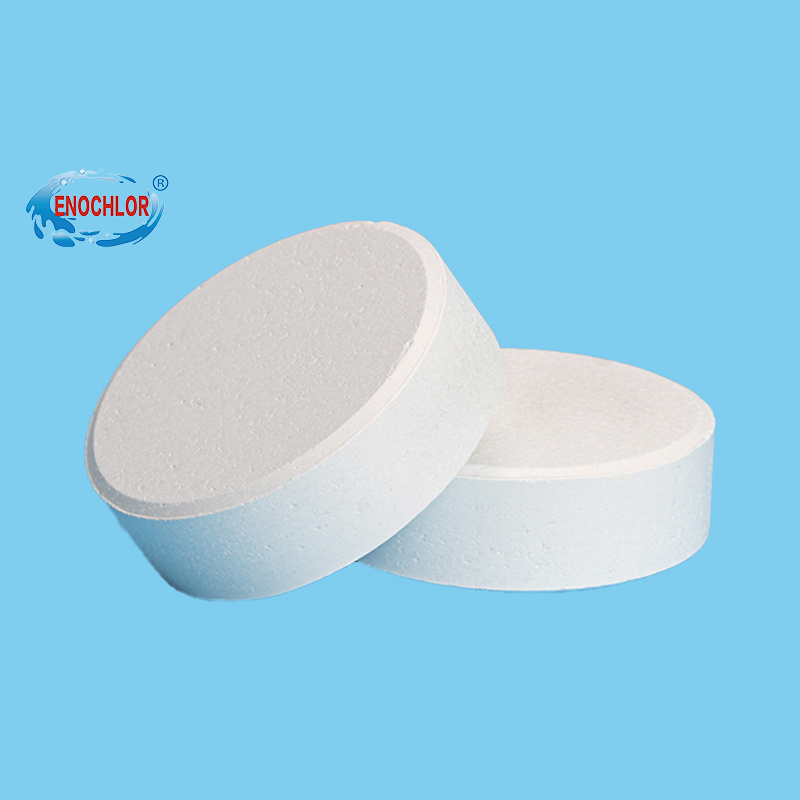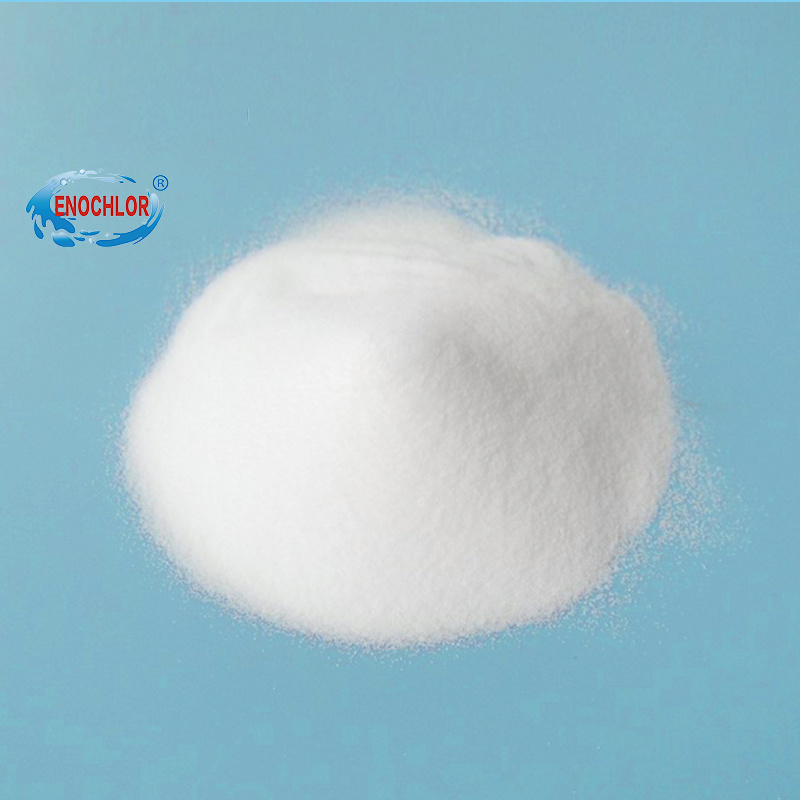
Product
Center
Haixing Eno Chemical Co., Ltd (Eno Chem) is a professional manufacturer of Calcium Hypochlorite in sodium process, who is committed to producing and marketing quality and safe disinfectant for global consumers.Founded in 2012, Eno Chem is located in Haixing county, Hebei province, China, occupying an area of 70,000 square meters
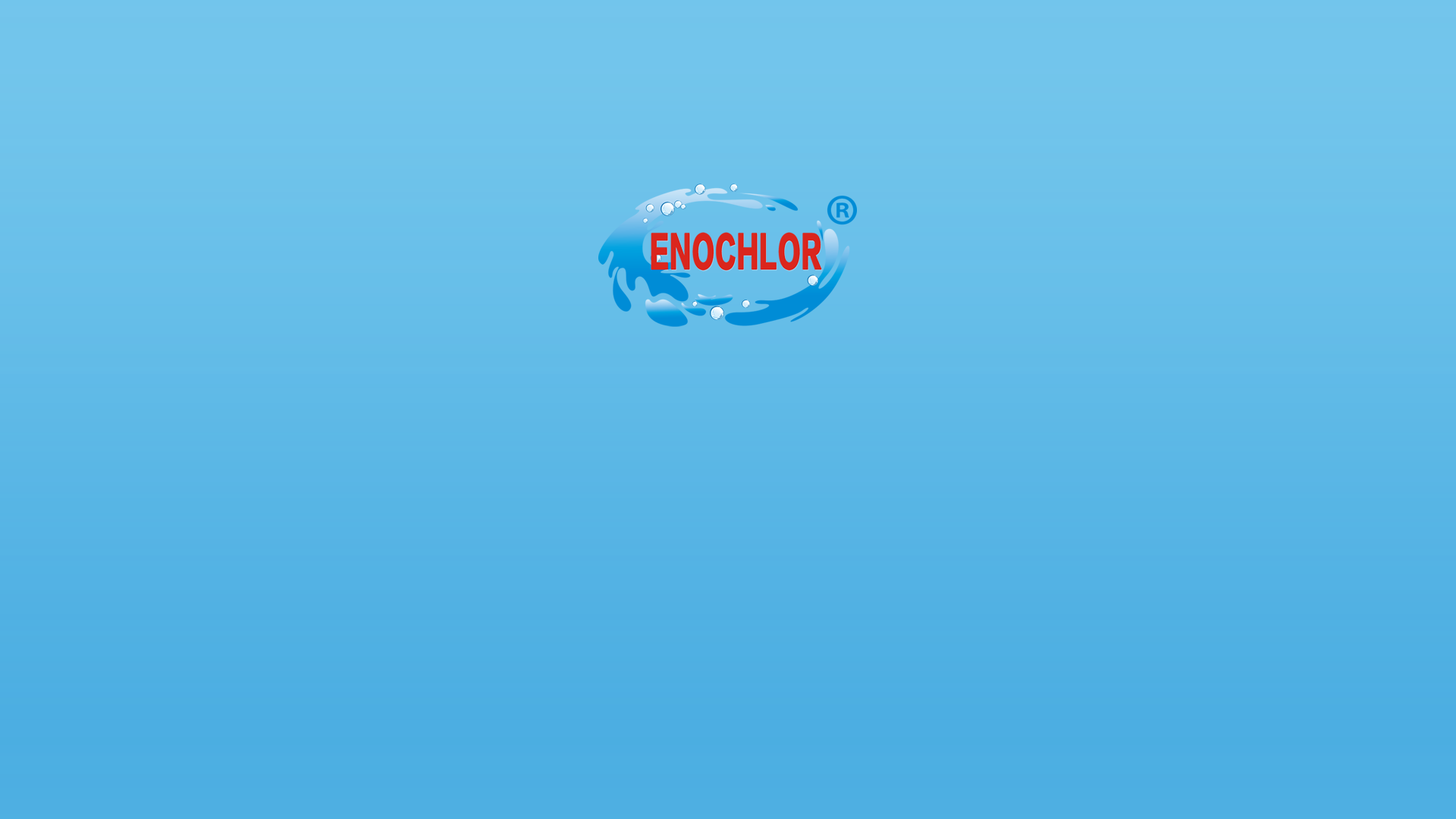
Since 2012
Professional manufacturer of calcium hypochlorite

ENOCHLOR
CALCIUM HYPOCHLORITE
Haixing Eno Chemical Co., Ltd (Eno Chem) is a professional manufacturer of Calcium Hypochlorite in sodium process, who is committed to producing and marketing quality and safe disinfectant for global consumers.Founded in 2012, Eno Chem is located in Haixing county, Hebei province, China, occupying an area of 70,000 square meters

Company founded in 2012

The company covers an area of 20,000 square meters

Registered capital 150 million RMB

Products are sold to 80 countries or regions
Our
Advantage
Professional manufacturer of calcium hypochlorite
-
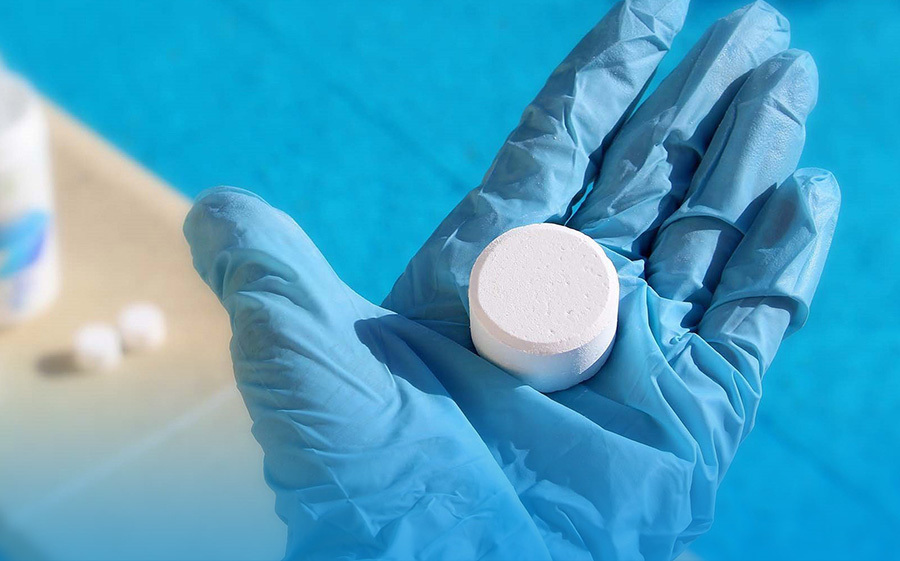

Professional
Manufacturer of chlorine chemicals, calcium hypochlorite, TCCA, SDIC
-


Various products
SDIC --- 56%, 60%. Granular.Calcium hypochlorite: 65%,70%. Granular, tablet.
-
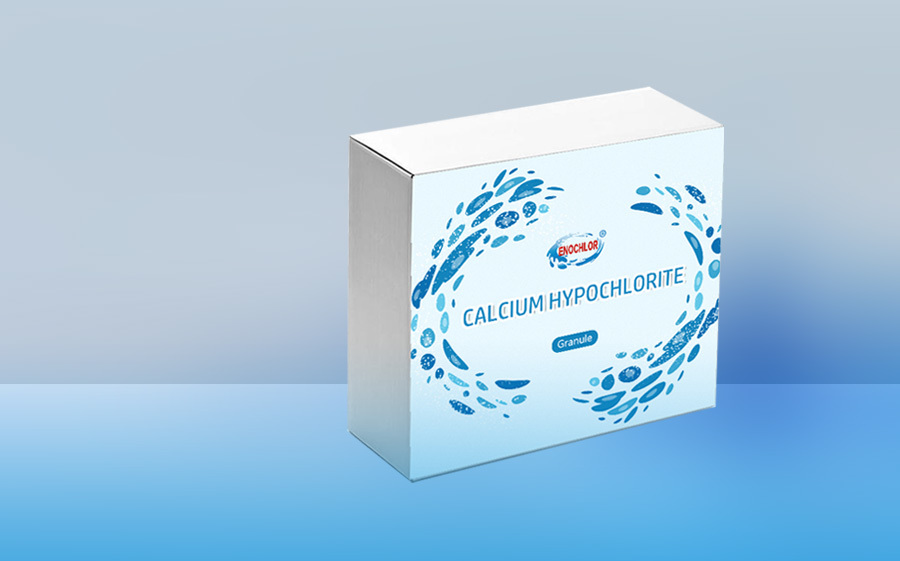

Various packing size and style
From 5kg to 50kg, Round drum & Octagon drum & US style drum
-


Service system
Professional sales and after-sales service team
News
Exhibition
Professional manufacturer of calcium hypochlorite
28 Nov,2025
How Can We help?
Haixing Eno Chemical Co., Ltd (Eno Chem) is a professional manufacturer of Calcium Hypochlorite
in sodium process, who is committed...
